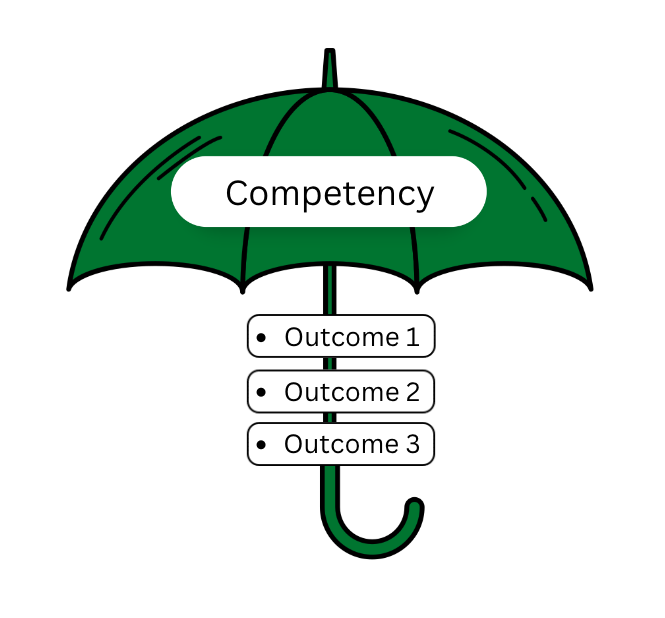Using Your Syllabus to Set the Tone for Class
The syllabus is often the first window that students get into a course. An instructor may post it to Canvas, email it, or even still hand out printed copies. While the university sees it as a contract, and instructors and students see it as a description of expectations for course work, the syllabus can do a lot to set the tone for a class.
Syllabi are often long, and honestly, dry. Is it any wonder that many students never read them, preferring to ask the instructor or peers questions when they already have the answers at their fingertips? While there are activities that can be done to encourage students to read the syllabus (scavenger hunts for candy, quiz that the score counts toward extra credit, etc.), making a syllabus more welcoming, can make a course more welcoming.
In the early months after classes moved to remote learning due to COVID-19, USask suggested adding language addressing teaching and learning during these challenging times and inserted it into the syllabus template. It reads:
WE SUGGEST YOU ADD IN A PERSONALIZED STATEMENT THAT ACKNOWLEDGES THE COMPLEX CIRCUMSTANCES IN WHICH THE COURSE IS TAKING PLACE. YOU COULD, FOR EXAMPLE, NOTE THAT THE REMOTE TEACHING AND LEARNING CONTEXT IS NEW TO MOST, AND THAT ALL PARTICIPATIONS IN THE COURSE SHOULD INTERACT WITH EMPATHY AND CARE.
 Based this suggestion and her attendance at one of the GMCTL workshop on creating your syllabus, Psychology professor Dr. Katie Collins included the following in her own syllabus.
Based this suggestion and her attendance at one of the GMCTL workshop on creating your syllabus, Psychology professor Dr. Katie Collins included the following in her own syllabus.
Statements such as this may:
- Help relieve some student anxiety about how they will keep up during challenging times, such as the pandemic.
- Make students feel more approachable by students.
- Help students to see how what they will be learning about in the course relates to what is going on in the world at this time.
Other ways that you can use your syllabus to set the tone include:
- Add a brief biography about yourself written in first person. Who are you? Why do you teach in this discipline?
- Use language that is more welcoming than punitive. Just because it is a contract doesn’t mean it needs to read like one.
- How and when can students reach you for help? If you want them to come to you, make sure you convey that they are welcome to contact you.
If you want to discuss these ideas or have someone review your syllabus with you, please contact the GMCTL.
Featured image courtesy of USask under a CC-BY-NC-SA license.

